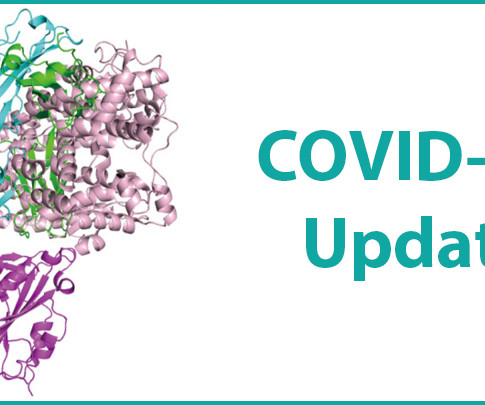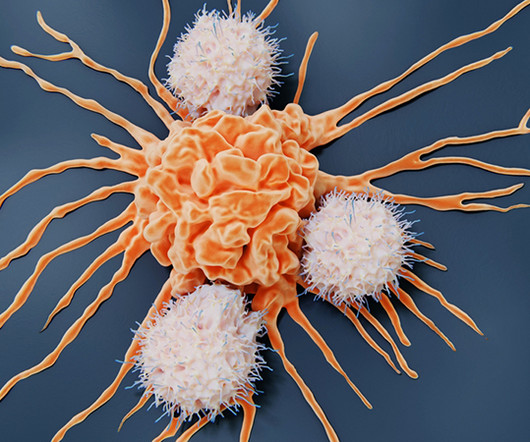NANOBIOTIX Announces Positive First Clinical Data Showing Conversion of Anti-PD-1 Non-Responders to Responders With Radioenhancer NBTXR3
The Pharma Data
NOVEMBER 9, 2020
Additionally, the vast majority of patients only receive a temporary benefit or no benefit from ICIs, as they either develop resistance to the treatment during the course of therapy or are non-responsive to the treatment altogether (only 15%-20% of patients respond, according to published data).













Let's personalize your content